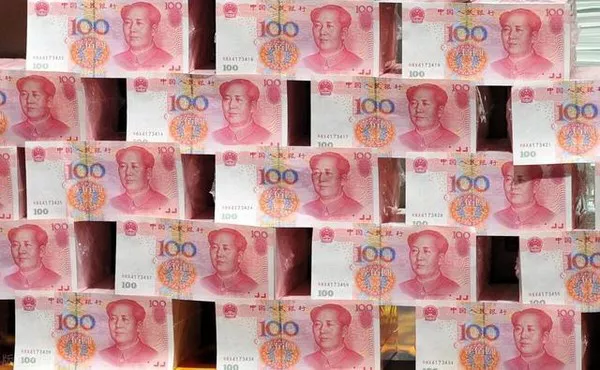Currency is the lifeblood of global economic transactions, and the Chinese Yuan, denoted as CNY, has increasingly gained prominence on the international stage. With China’s meteoric rise as an economic powerhouse, the significance of its currency extends far beyond its borders. In this comprehensive article, we delve into the intricacies of the Chinese Yuan (CNY), its history, value determinants, internationalization, and its impact on the global financial landscape.
Origins and Development of the Chinese Yuan (CNY)
The Chinese Yuan, abbreviated as CNY, is the official currency of the People’s Republic of China. It was introduced in 1948, replacing the previous currency system and serving as a significant step in the country’s economic restructuring. The Yuan has undergone several changes in its history, both in terms of denominations and value.
Key Factors Influencing Currency Value
1. Economic Indicators
The value of the Chinese Yuan is intricately tied to the country’s economic performance. Factors such as Gross Domestic Product (GDP) growth, trade balance, inflation rates, and employment levels play a crucial role in determining the Yuan’s value in relation to other currencies.
2. Exchange Rates
Exchange rates are a pivotal determinant of currency value. The Yuan’s value against other major currencies, such as the US Dollar (USD) and the Euro (EUR), is closely monitored and influenced by market forces, supply and demand dynamics, and governmental interventions.
3. Government Policies
China’s central bank, the People’s Bank of China (PBOC), plays a significant role in managing the value of the Yuan. Government interventions, such as open market operations and currency pegging, can impact the Yuan’s exchange rate and stability.
Yuan’s Internationalization and the Renminbi (RMB)
The term “Renminbi” (RMB) is often used interchangeably with “Yuan,” but there is a subtle distinction. While “Yuan” refers to the basic unit of the currency, “Renminbi” translates to “People’s Currency” and encompasses a broader scope, including banknotes, coins, and other forms of money.
1. Internationalization Efforts
In recent years, China has actively pursued the internationalization of the Yuan. This involves promoting the use of the Yuan in global trade, finance, and investment. The inclusion of the Yuan in the International Monetary Fund’s (IMF) Special Drawing Rights (SDR) basket in 2016 marked a significant milestone in this endeavor.
2. Offshore Yuan Market
The offshore Yuan market, centered in Hong Kong, allows for Yuan-denominated transactions to occur outside of mainland China. This market has facilitated cross-border trade and investment while contributing to the Yuan’s international presence.
Implications for Global Trade and Finance
1. Trade Relations
China’s role as a major global trading partner has amplified the significance of the Yuan in international trade transactions. The ability to settle trade deals in Yuan provides flexibility to both Chinese businesses and their international counterparts.
2. Financial Markets
The increasing international use of the Yuan has led to the development of offshore Yuan-denominated financial products, including bonds and derivatives. These products offer investors exposure to the Chinese market and diversification options.
Challenges and Considerations
1. Capital Controls
Despite efforts to internationalize the Yuan, China maintains certain capital controls that can affect the currency’s flow in and out of the country. These controls impact foreign investors’ ability to access the Chinese market and influence the Yuan’s global adoption.
2. Exchange Rate Stability
Maintaining exchange rate stability is a constant challenge for China’s policymakers. A volatile Yuan could have far-reaching implications for both domestic and international markets.
Future Prospects and Conclusion
The future of the Chinese Yuan holds a blend of opportunities and challenges. As China continues to ascend on the global economic stage, the Yuan’s influence is expected to grow further. However, achieving full internationalization and ensuring stability will require careful navigation of complex economic and geopolitical factors.
Conclusion
The Chinese Yuan (CNY) is more than just a unit of currency; it embodies China’s economic transformation and its ambitions on the global stage. Its value, internationalization efforts, and impact on global trade and finance make it a currency of increasing significance in the contemporary world economy. Understanding the intricacies of the Yuan is not only essential for economists and financial professionals but also for anyone seeking insight into the dynamics shaping our interconnected financial landscape.
Related Topics:
- Japanese Yen (JPY) as a Reserve Currency: What’s Its Global Significance
- GBP in Global Finance: A Comprehensive Overview
- Yuan vs. Renminbi: What’s the Difference?


